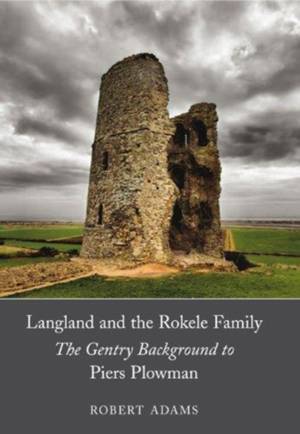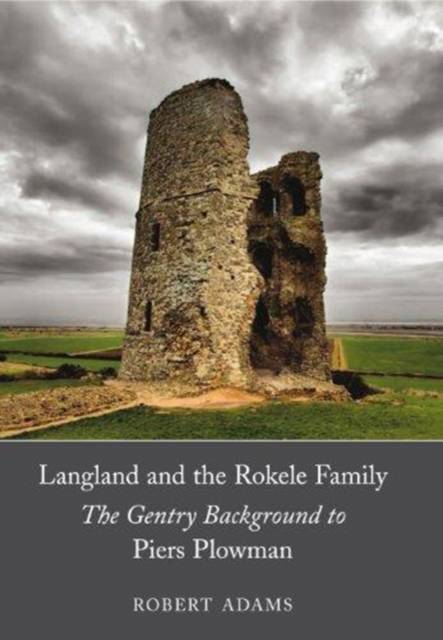
Je cadeautjes zeker op tijd in huis hebben voor de feestdagen? Kom langs in onze winkels en vind het perfecte geschenk!
- Afhalen na 1 uur in een winkel met voorraad
- Gratis thuislevering in België vanaf € 30
- Ruim aanbod met 7 miljoen producten
Je cadeautjes zeker op tijd in huis hebben voor de feestdagen? Kom langs in onze winkels en vind het perfecte geschenk!
- Afhalen na 1 uur in een winkel met voorraad
- Gratis thuislevering in België vanaf € 30
- Ruim aanbod met 7 miljoen producten
Zoeken
€ 48,95
+ 97 punten
Omschrijving
The social and political opinions of the author of Piers Plowman derive from, and reflect, a personal background significantly different from that of Chaucer, Gower, or the Pearl-poet. Langland and the Pearl-poet resemble each other in seeming, at first glance, more politically and aesthetically old-fashioned than their two great London contemporaries. And yet, no one has ever addressed the massive evidence of a profound social distance that would have separated 'William de la Rokele, ' at least in his own mind, from the pious author of Patience no less than from the City poets. Much of the evidence for this social chasm is extrinsic to Piers Plowman, but some of it is internal. This book illuminates that evidence, mainly by supplying some hitherto neglected facts about Langland's extended family, the Rokeles, and their prominent public role in his own time, as well as in the generations that preceded his birth. (Series: Dublin Studies in Medieval and Renaissance Literature
Specificaties
Betrokkenen
- Auteur(s):
- Uitgeverij:
Inhoud
- Aantal bladzijden:
- 148
- Taal:
- Engels
- Reeks:
Eigenschappen
- Productcode (EAN):
- 9781846823817
- Verschijningsdatum:
- 22/03/2013
- Uitvoering:
- Hardcover
- Formaat:
- Genaaid
- Afmetingen:
- 157 mm x 236 mm
- Gewicht:
- 408 g

Alleen bij Standaard Boekhandel
+ 97 punten op je klantenkaart van Standaard Boekhandel
Beoordelingen
We publiceren alleen reviews die voldoen aan de voorwaarden voor reviews. Bekijk onze voorwaarden voor reviews.









